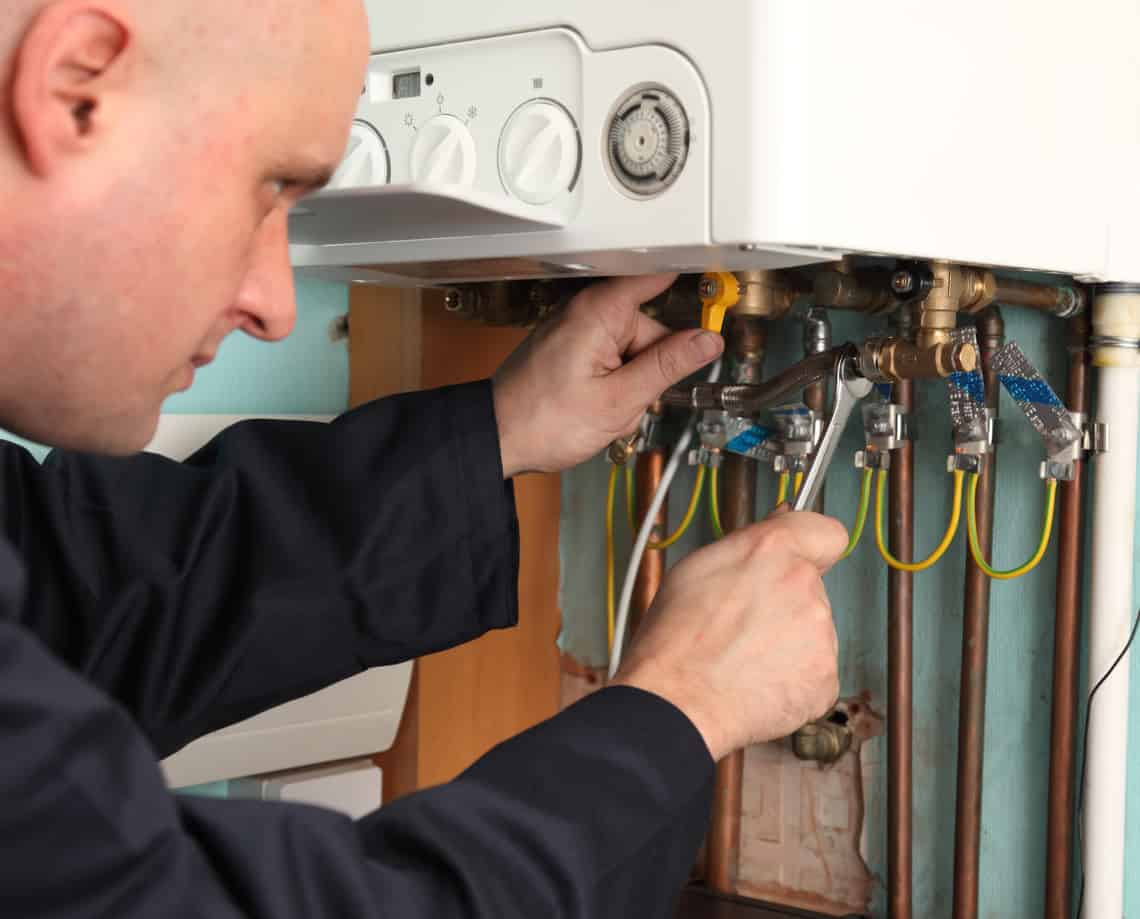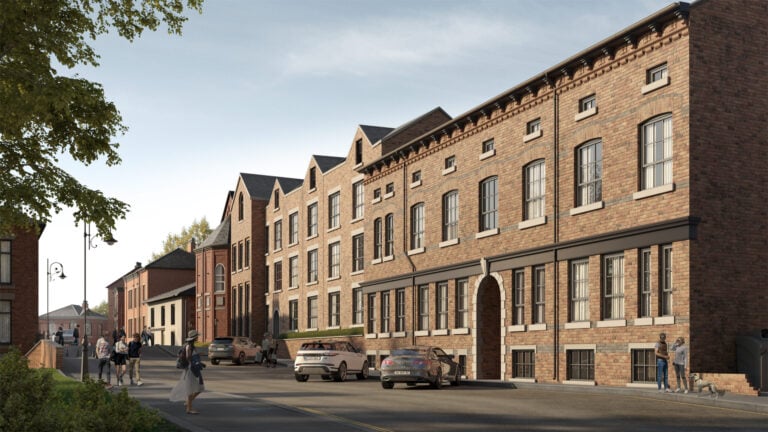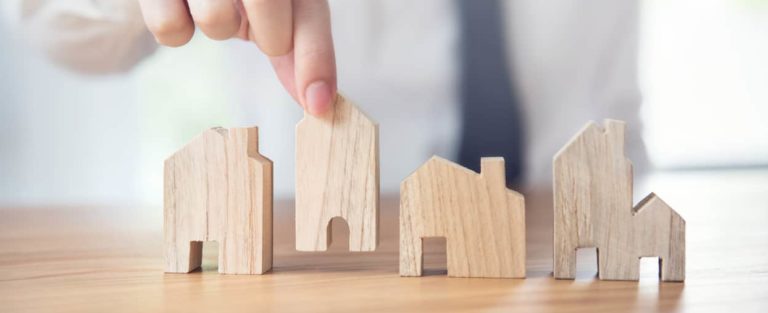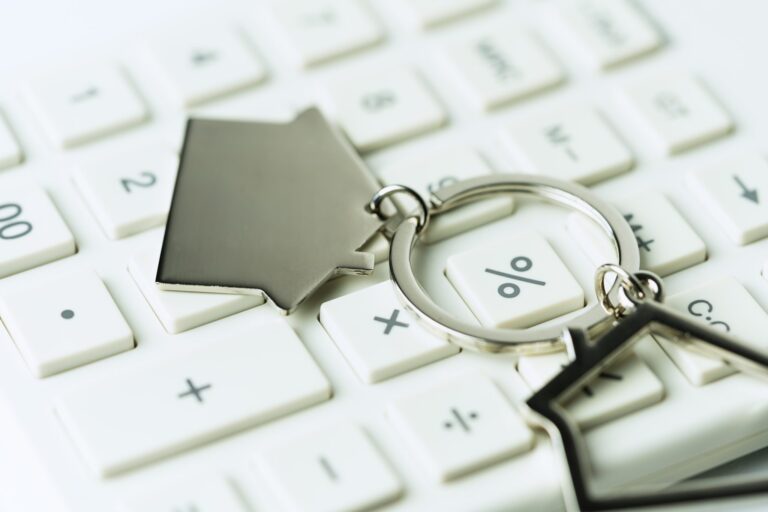Landlords are required by law to prove their rental property is a safe place for people to live. Richard Ritson from JustBoilers.com outlines what landlords need to do.
It is a landlord’s responsibility to make sure their property meets the required standard and is properly certified. If the property is not adequately documented, then there is the potential for penalisation and financial repercussions.
If a tenant were to become ill or endangered because the upkeep of the property is not adequate, the property owner could face serious consequences.
Below we’ve outlined the certifications buy-to-let landlords have to supply to their tenants.
Gas safety
The Gas Safety (Installation and Use) Regulations 1998 stipulate the responsibilities of landlords to make sure all gas appliances and flues for tenants are safe for use.
To ensure this is completed properly, a landlord must:
- Ensure all gas work, appliances, chimneys and flues are maintained and installed in a safe condition. Maintenance should always be carried out by a Gas Safe registered engineer. If a tenant has their own appliances, these are not the landlord’s responsibility, but the connecting pipework is.
- Annual gas safety checks from a gas safe registered engineer. As of April 2018, a landlord has 10-12 months from the last check to have an engineer return and monitor the condition of the gas delivery system.
- Provide a copy of the gas safety check to tenants before they move in, or within 28 days since the check took place.
Electrical safety
New safety measures were introduced in February 2018 to better protect tenants from risk of electric shock and fires from electrical goods. To comply with these safety measures, a landlord must do the below points.
- Electrical installations such as sockets and light fittings are safe and maintained to a safe standard throughout the tenancy.
- If in a house of multiple occupancy (HMO), an inspection and test must take place at least every five years.
- Any appliances that have been provided must have at least the CE marking.
Fire safety
Landlords must comply with their legal duty to keep tenants safe from fire, as laid out in the Regulatory Reform (Fire Safety) Order 2005. Below we outline what they must do to comply with the law.
- Fire safety regulations will be stipulated depending on building type and the area your property is located in, and landlords must follow these safety regulations explicitly.
- A smoke alarm must be installed on every floor, alongside a carbon monoxide alarm in any room that has a solid fuel-burning appliance, such as a fire or wood-burning stove.
- If your rental property is a large house with multiple occupations, you have to supply fire alarms and extinguishers.
- Clear escape routes must be accessible from each habitable room.
- If a landlord is supplying furniture and furnishings, they must comply and be fire safe quality.
This article was written by Richard Ritson, Head Engineer at JustBoilers.com
Read our article on the upcoming changes on fire safety for buy-to-let landlords.









